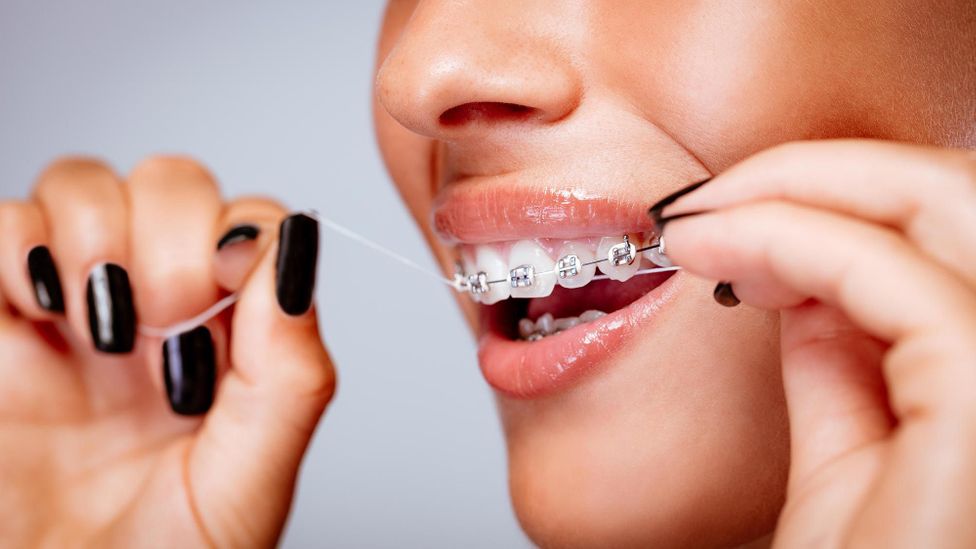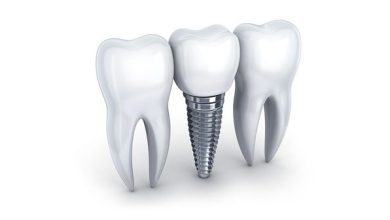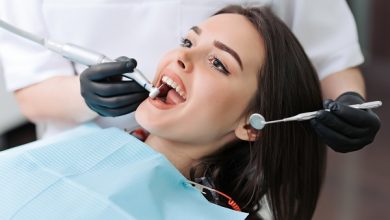How to Fix Dental Caries? Powerful Ways to Achieve Optimal Oral Health

To fix dental caries, treatment options include dental fillings and dental crowns, which help restore the affected tooth and prevent further decay. Dental caries, commonly known as cavities, are a common oral health problem caused by tooth decay.
If left untreated, they can lead to tooth loss and other oral complications. However, there are effective treatments available to fix dental caries. This article will provide a comprehensive overview of these treatment options, including dental fillings and dental crowns.
By understanding these treatment methods, you can take the necessary steps to address dental caries and maintain good oral health. Remember that it is crucial to seek professional dental care to accurately diagnose and treat dental caries. Let’s dive into the details of fixing dental caries and regaining a healthy smile.
Understanding Dental Caries
- Poor oral hygiene: Neglecting regular brushing and flossing can allow bacteria to thrive, leading to tooth decay.
- High sugar intake: Consuming excessive sugary foods and drinks nourishes bacteria in the mouth and promotes acid production, which erodes tooth enamel.
- Bacteria and plaque buildup: Streptococcus mutans and other bacteria attach to teeth, forming plaque. Over time, this plaque may harden into tartar, further contributing to dental caries.
- Tooth decay and cavities: Gradually, dental caries can progress into cavities, resulting in pain, sensitivity, and potential tooth loss.
- Gum infections and abscesses: The bacteria associated with dental caries can also infect gums, leading to gingivitis, periodontitis, or the development of painful abscesses.
- Potential systemic health issues: Research suggests a link between untreated dental caries and systemic health problems like cardiovascular disease and respiratory infections.
Prevention Methods For Dental Caries
Prevention is key when it comes to dental caries. Brushing techniques play a crucial role in maintaining optimal oral health. Start by choosing the right toothbrush and toothpaste tailored to your needs. Look for toothbrushes with soft bristles and fluoride toothpaste.
Proper brushing techniques and frequency are important. Brush your teeth at least twice a day, using gentle circular motions. Pay special attention to the gumline and hard-to-reach areas.
Remember to brush before bed to remove any plaque and bacteria that may have accumulated throughout the day. This helps prevent dental caries and other oral health issues.
Dental flossing is an essential part of caries prevention. Choose from different types of dental floss such as waxed, unwaxed, or flavored. Floss at least once a day using the correct technique, sliding the floss between each tooth and along the gumline.
| Type of Dental Floss | Benefits |
|---|---|
| Waxed | Glide easily between teeth |
| Unwaxed | Great for tight spaces |
| Flavored | Enhances the flossing experience |
Regular dental check-ups and cleanings are essential. Aim to visit your dentist every six months for oral exams and professional cleanings. This ensures early detection and treatment of caries and other dental problems.
By following these prevention methods and maintaining good oral hygiene, you can effectively address dental caries before they become major issues.
Effective Home Remedies For Dental Caries
When it comes to maintaining good oral health, natural oral hygiene products can be a game-changer. Herbal toothpaste and mouthwash not only provide effective cleaning but also have added benefits like reducing inflammation and fighting bacteria. Another popular natural remedy is oil pulling, which involves swishing oil around the mouth to improve oral health. Natural mouth rinses made with ingredients like tea tree oil or salt water can also be highly beneficial.
Diet modifications play a crucial role in preventing dental caries. Reducing sugar intake is essential as sugary foods and drinks can contribute to tooth decay. On the other hand, incorporating tooth-friendly foods such as fruits, vegetables, cheese, and nuts can promote better oral health. Saliva plays a significant role in protecting teeth by neutralizing acids and remineralizing enamel.
In addition to natural remedies and diet changes, the power of fluoride in preventing caries should not be overlooked. Fluoridated water is an excellent source of fluoride and helps strengthen teeth. Fluoride treatments and toothpaste that contain fluoride are also recommended by dentists. Community water fluoridation projects have proven to be successful in reducing dental caries cases.

Credit: www.bbc.com
Professional Treatments For Dental Caries
Dental fillings for caries restoration: Dental fillings are commonly used to restore teeth affected by dental caries. There are various types of dental fillings available, including amalgam, composite resin, gold, and ceramic fillings. The procedure for filling a cavity involves cleaning the decayed area, preparing the tooth, and filling it with the chosen material. It is important to maintain and care for dental fillings to ensure their longevity.
Dental crowns as a solution for severe caries: Dental crowns are recommended for cases of severe caries where a filling may not be sufficient. Crowns protect weakened teeth by covering the entire visible surface and providing strength and support. Different types of dental crowns, such as porcelain-fused-to-metal, all-ceramic, and gold crowns, are available to suit individual needs. The process of getting a dental crown involves preparing the tooth, taking impressions, and placing a temporary crown before the final restoration.
Root canal treatment for advanced caries: In cases of advanced caries that have reached the inner pulp of the tooth, a root canal treatment may be necessary. Signs that indicate the need for a root canal include severe toothache, sensitivity to hot or cold, swelling, and abscess formation. The procedure involves removing the infected pulp, cleaning the root canals, and filling them with a rubber-like material. Recovery from a root canal may involve temporary discomfort, which can be managed with pain medication.
Importance of saving an infected tooth: Saving an infected tooth through professional treatments like dental fillings, crowns, or root canals is crucial to prevent further damage and tooth loss. It helps maintain the natural bite, preserve oral health, and avoid the need for more extensive and costly treatments such as tooth extraction and dental implants.
Frequently Asked Questions For How To Fix Dental Caries?
Can Dental Caries Be Cured?
Yes, dental caries can be cured through various treatments like fillings, root canals, or extractions, depending on the severity. It is important to address cavities promptly to prevent further damage to the tooth and surrounding areas.
How Do You Get Rid Of Dental Caries?
To get rid of dental caries, proper oral hygiene is essential. Brush teeth twice a day with fluoride toothpaste, floss daily, and rinse with mouthwash. Limit sugary and acidic foods, visit the dentist regularly for check-ups and cleanings, and consider dental sealants or fluoride treatments for added protection.
Can Dental Caries Heal Naturally?
Yes, dental caries can heal naturally if caught early. Regular brushing, flossing, and using fluoride toothpaste can help prevent decay. Good oral hygiene and a balanced diet can also promote natural healing and remineralization of tooth enamel. Consulting a dentist is crucial for proper diagnosis and treatment.
How Do You Get Rid Of Caries Naturally?
To naturally get rid of caries, you can try maintaining good oral hygiene by brushing and flossing daily. Limiting sugar intake, eating a balanced diet rich in vitamins and minerals, and using fluoride toothpaste can also help prevent and reduce caries.
Regular dental check-ups are essential for early detection and treatment.
Conclusion
To sum up, treating dental caries is essential to maintaining good oral health. By following a diligent oral hygiene routine, including brushing twice daily, flossing regularly, and visiting your dentist for routine check-ups, you can prevent and address dental caries effectively.
Additionally, implementing dietary changes such as reducing sugar consumption can contribute to healthier teeth. Remember, prevention is key, so take proactive measures to protect your smile and overall wellbeing.





